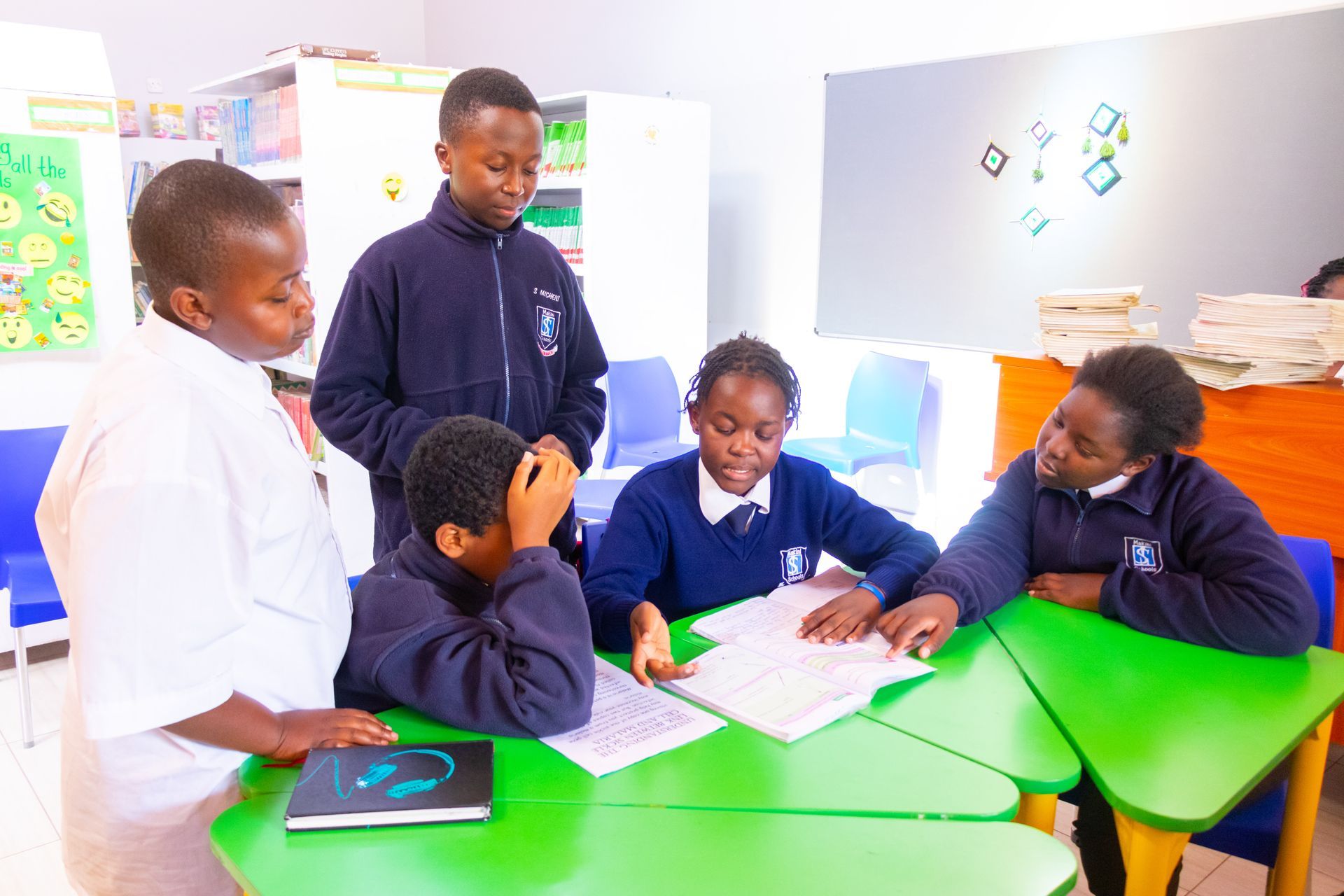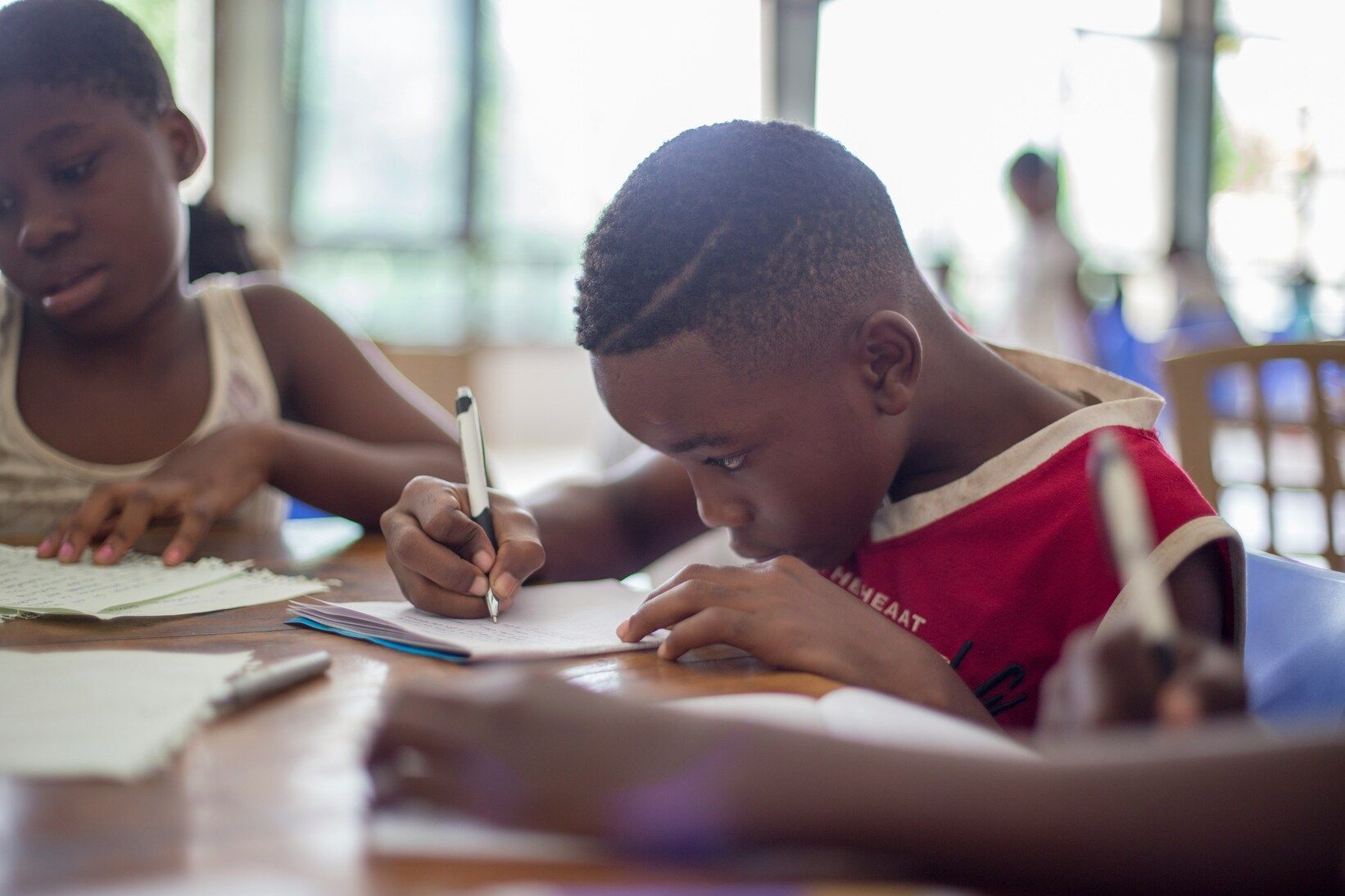Managing Covid Anxiety in Children
The Covid-19 pandemic has brought about a multitude of effects on individuals across the globe.
Many people are experiencing different feelings of uncertainty. Adults are worried about their future, job security and the financial obstacles they are facing.
At the same time, our children are also experiencing feelings of fear and anxiety.
Anxiety can manifest in a young person the same way as in an adult. They may feel stuck in different situations and overwhelmed about those specific occurrences, worrying about the outcome.
If this kind of worrying continues for long periods of time, children feel exhausted and isolated, thus limiting themselves to the things they feel they are able to do. This could also lead to self-doubt and lack of confidence. Thus, it is important to showcase and guide children to develop solutions to master life’s challenges, big or small.
Here are some guidelines to help us navigate some of the emotions that we may find our children facing:
1. Acknowledge your child’s fear as you do your own. Do not dismiss or ignore what your child is feeling anxious about. It is important that you take them seriously and that they can see that in any situation they can trust you and come to you for guidance, advice and support.
2. Witnessing you in a state of anxiety can be more than just momentarily unsettling for your child. Children look to their parents for information and how to interpret situations. If they feel constantly anxious, children will become fearful as well. Thus, it is important to find ways which will help calm your nerves and demonstrate reassurance. It could be exercise, participating in creative expression through art, writing or music, or it may be taking a long drive, or even meditation. Getting rid of the anxious feelings will help children feel more at ease when they see that you are handling things in such a calm manner.
3. Your child might be overloaded with information, coming from several avenues with the digital space. We as parents need to provide age-appropriate honesty. In the 21 st century it is not only necessary but beneficial. This will elevate all the ‘fake-news’ that is out there. By having an honest conversation with your child and using words and concepts that they can understand, will allow their world view to expand outside of themselves, in an appropriate manner. You can also take this time to make it a teachable moment, steering your child age appropriately to relevant sources where they can see how far we’ve come in science, life and love. This will help calm anxiety.
4. Do keep to a routine. Keeping to a routine can help children expect predictability, reduce stress and concerns. It helps children gain an understanding of everyday events and procedures and thus they learn what is expected from them. Routines can also help children to become more trusting and feeling comfortable and safe in their environment.
5. When fears rear up, as parents our natural instinct is often to soothe and comfort. However, it would be wise to resist the urge to solve the problem for them. Rather encourage your child gently to do things they might have anxiety about. Do not push them into something that will cause mayhem, but rather guide them to see that the thing they might be fearful of, is the one thing they are capable of facing. It is a chance to practice getting through difficult situations for future life challenges, and sometimes a friendly reminder to us as adults to also take a minute and analyse the situation we are in. It is also best to allow your child to reach the desired solution themselves, and only play a supporting role in getting to that resolution. Encourage your child to take small steps forward. Do not let your child give up or avoid what they are afraid of. Help them take small positive steps forward.
6. Showing your child affection is also very important when they are feeling anxious. This support shows that you are in their corner and will always guide and support them when they need it. It creates a sense of belonging to family and help protect them from future challenges.
Most importantly, it takes a village to raise a child, therefore never be afraid to ask for help. Reach out to your trusted friends, paediatrician and/or general practitioner with any concerns you have about your child’s behavioural or emotional well-being and how to go about managing your stressful situations.













